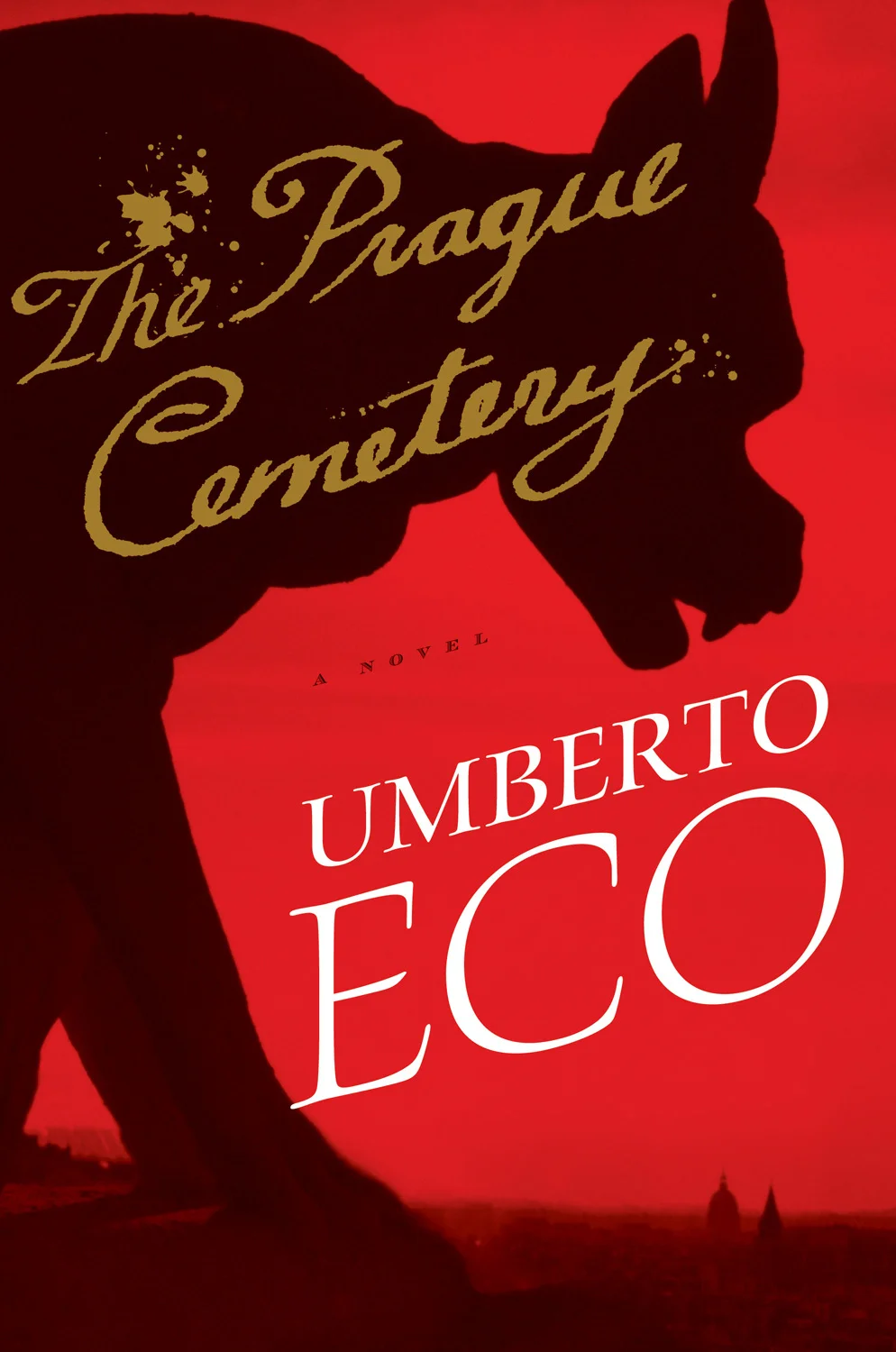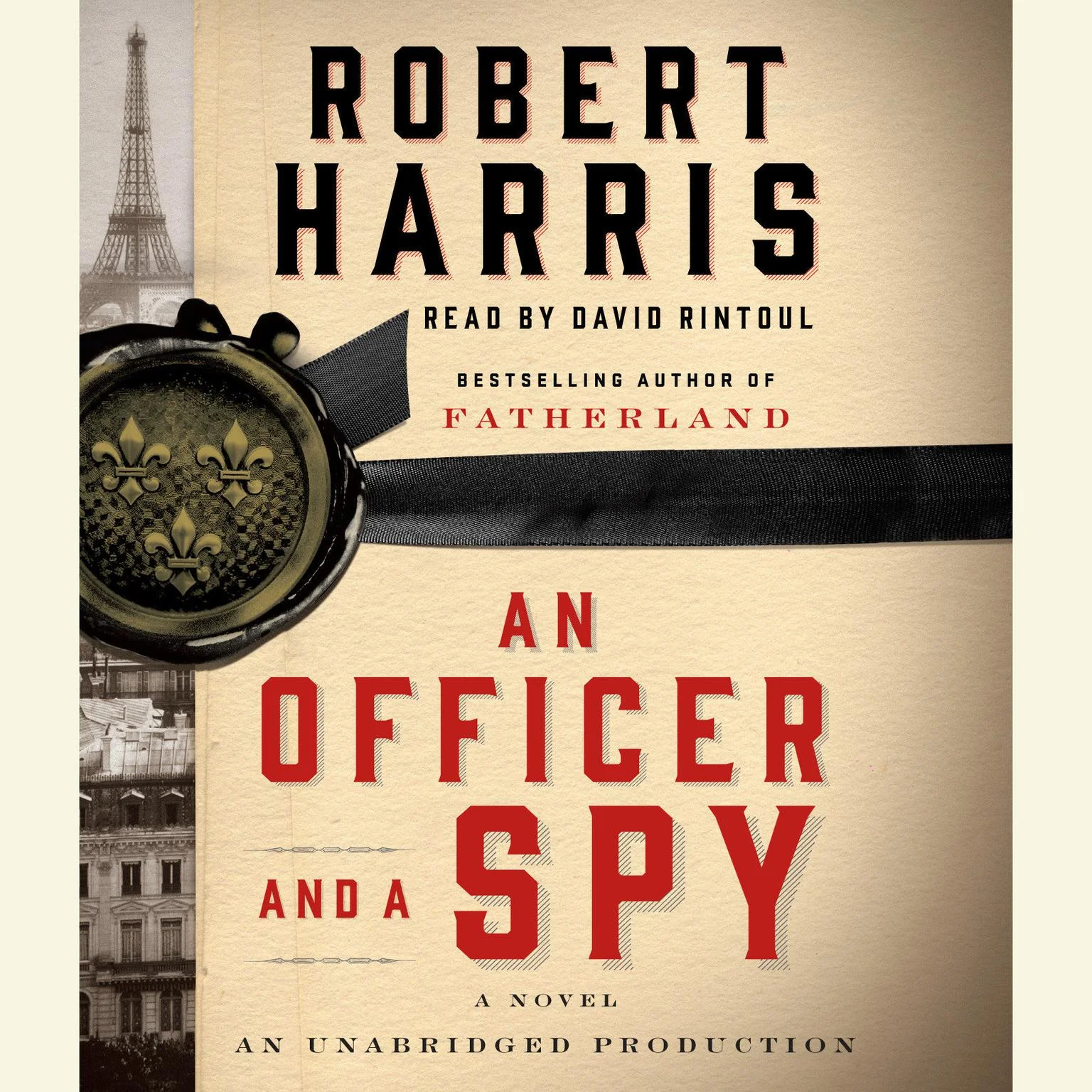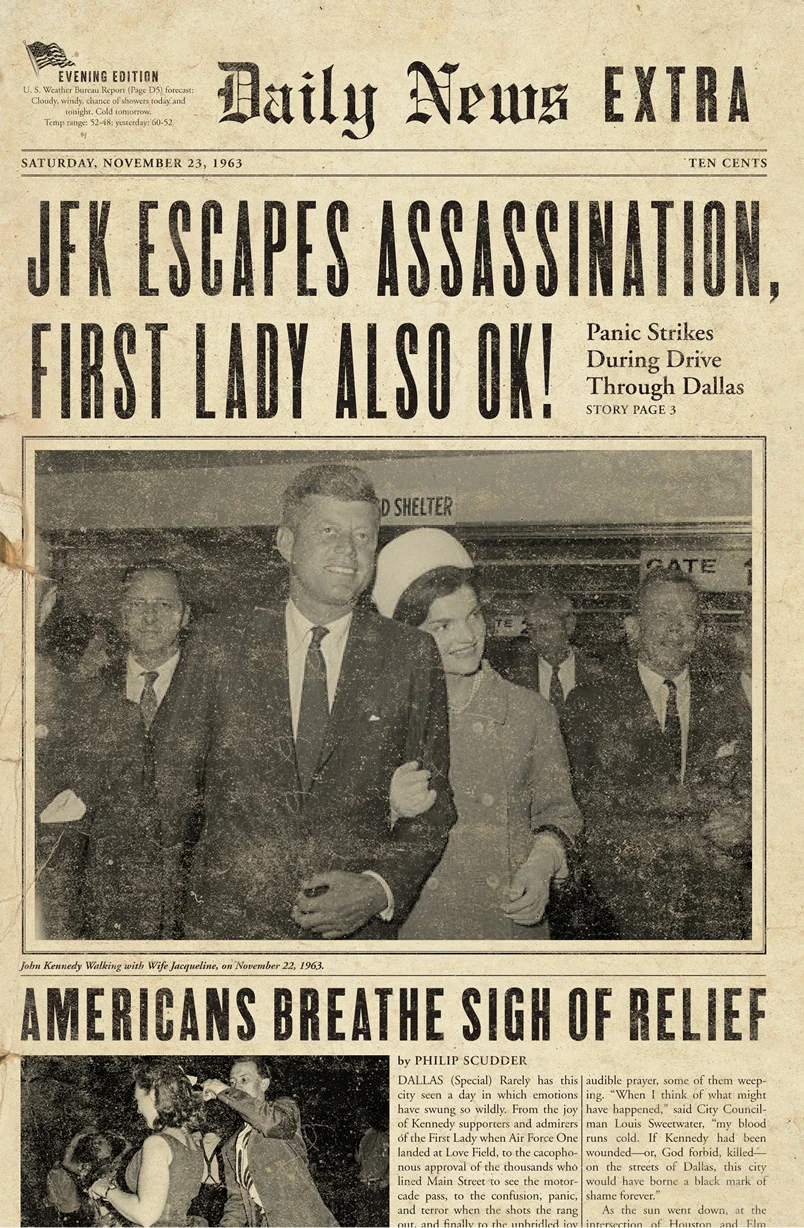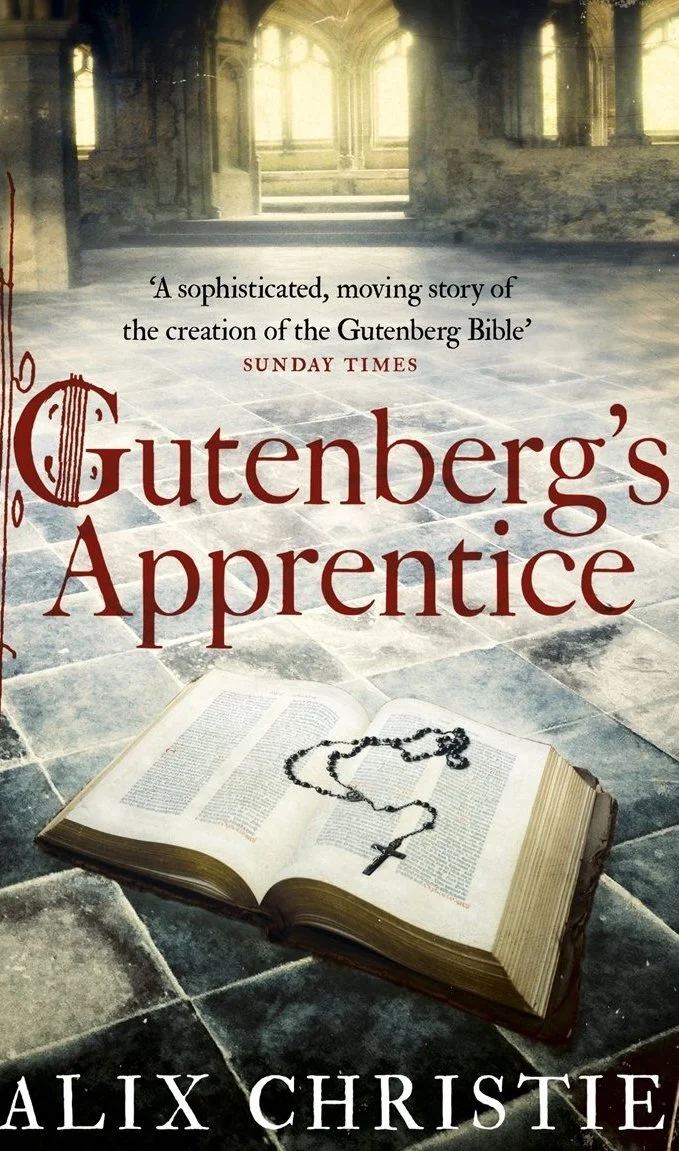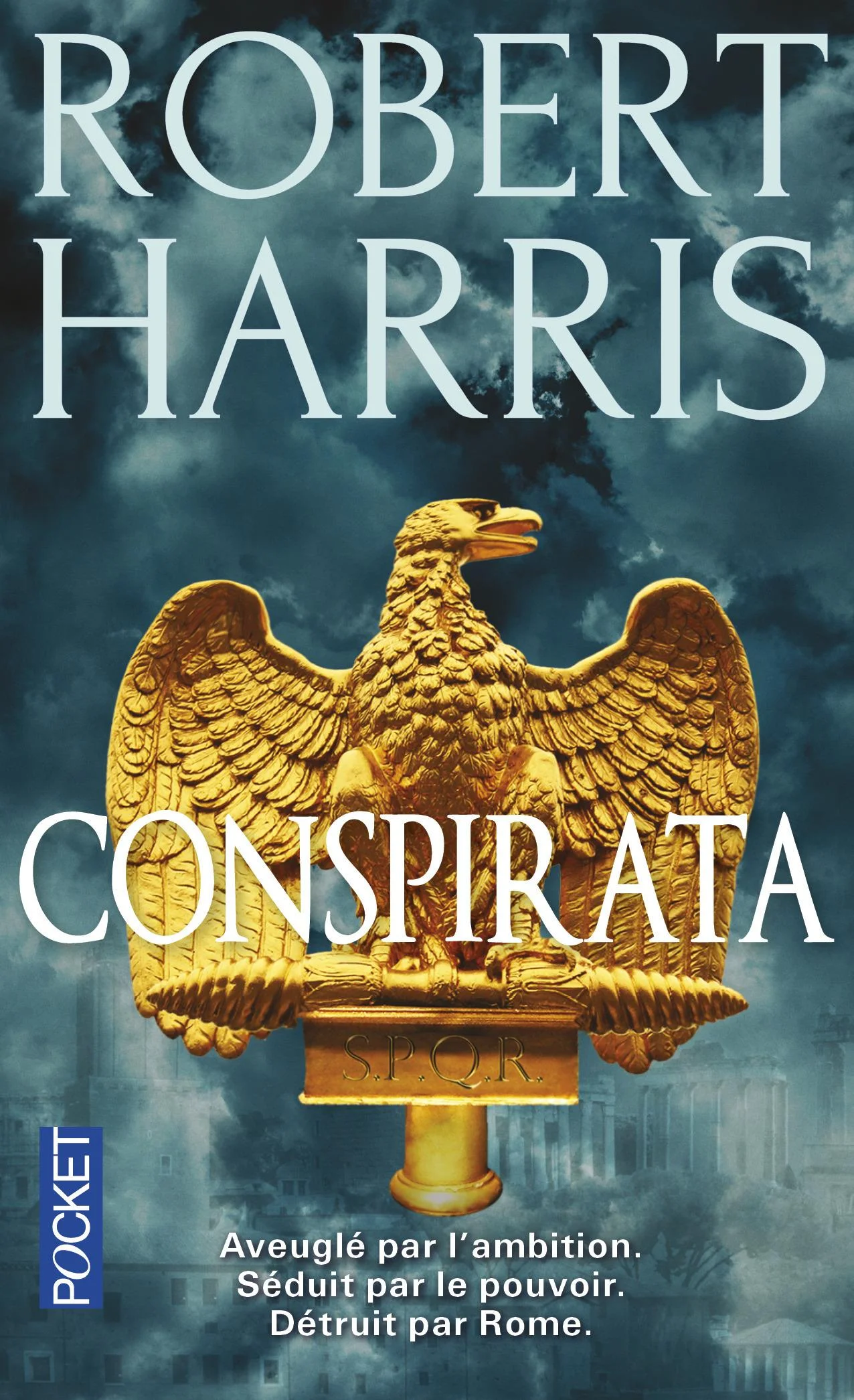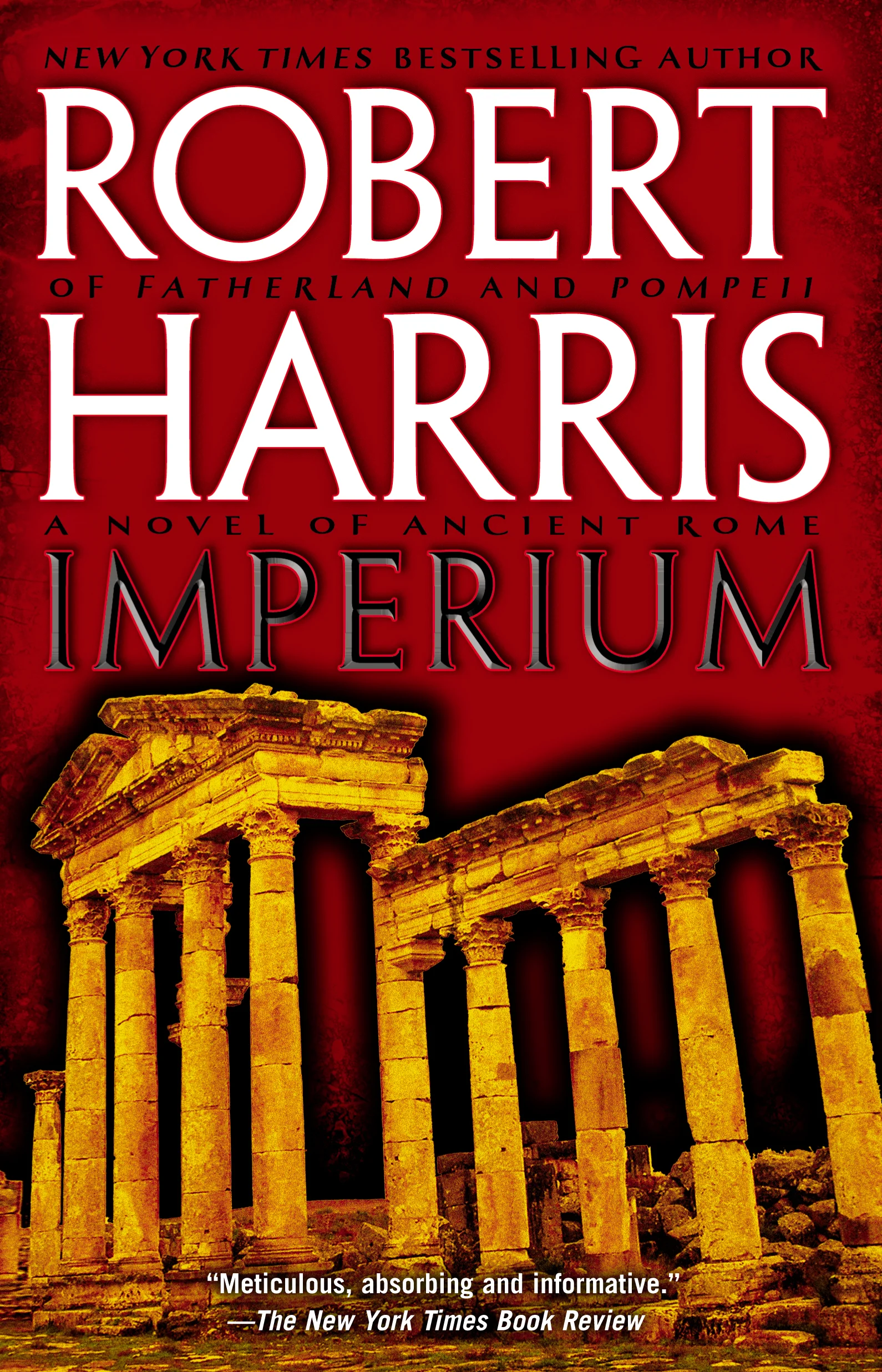Umberto Eco's "THE PRAGUE CEMETERY"
Book review by Dennis D. McDonald
I am simultaneously entertained and horrified by this book.
The plot and story are exceedingly clever. Eco places a fictional multi-personality scofflaw into mid- and late-19th Century European cultural and political upheaval. Through a series of legal and moral misadventures this person rises in the ranks of spies, forgers, murderers, and liars. He interacts with a multitude of real world people (it helps to have Wikipedia online while reading to do name lookups). In the process the main character invents a variety of scandalous and evil letters, documents, and publications, including the notorious “Protocols of the Elders of Zion.” And he commits cold blooded murder — repeatedly.
Admittedly I have found myself laughing out loud at some of the exploits recorded here given the author’s obviously exhaustive research and cleverness. At other times the breadth and variety of anti-Jesuit, anti-Catholic, anti-Mason, and anti-Jewish stereotypes and cultural bigotry around which the characters evolve their repugnant political strategies are enough to take one’s breath away.
A reasonable question is: why publish a book like this? Wouldn’t it be better to just draw a curtain over the hatreds and prejudices documented so matter-of-factly here and allow them to wither away?
A reasonable answer: this week an Administration-supported judicial nominee in the US refused to openly accept the US Supreme Court decision on Brown v. Board of Education. And he is being publicly defended by some for his refusal.
What Eco demonstrates as he weaves his character(s) through the ins and outs of European conspiracies, double dealing, and repellant discrimination, is that lies and half-truths are especially effective when they fall on the eyes and ears of those already inclined to believe them. That Eco writes about a time when physical distribution of paper inevitable slowed the spread of hateful lies is almost irrelevant. Communication media and distribution networks back then were as decentralized as they are today. Poison can enter the system almost anywhere and then be spread. It was true then as it is now.
Review copyright (c) 2019 by Dennis D. McDonald
